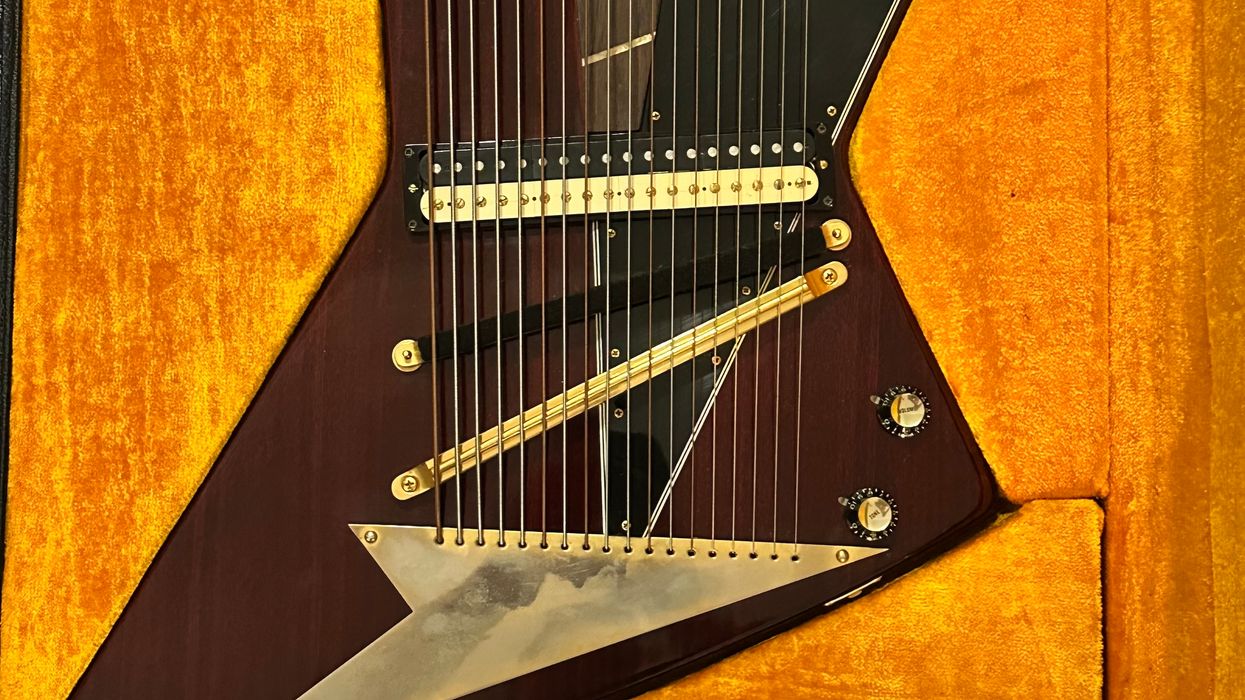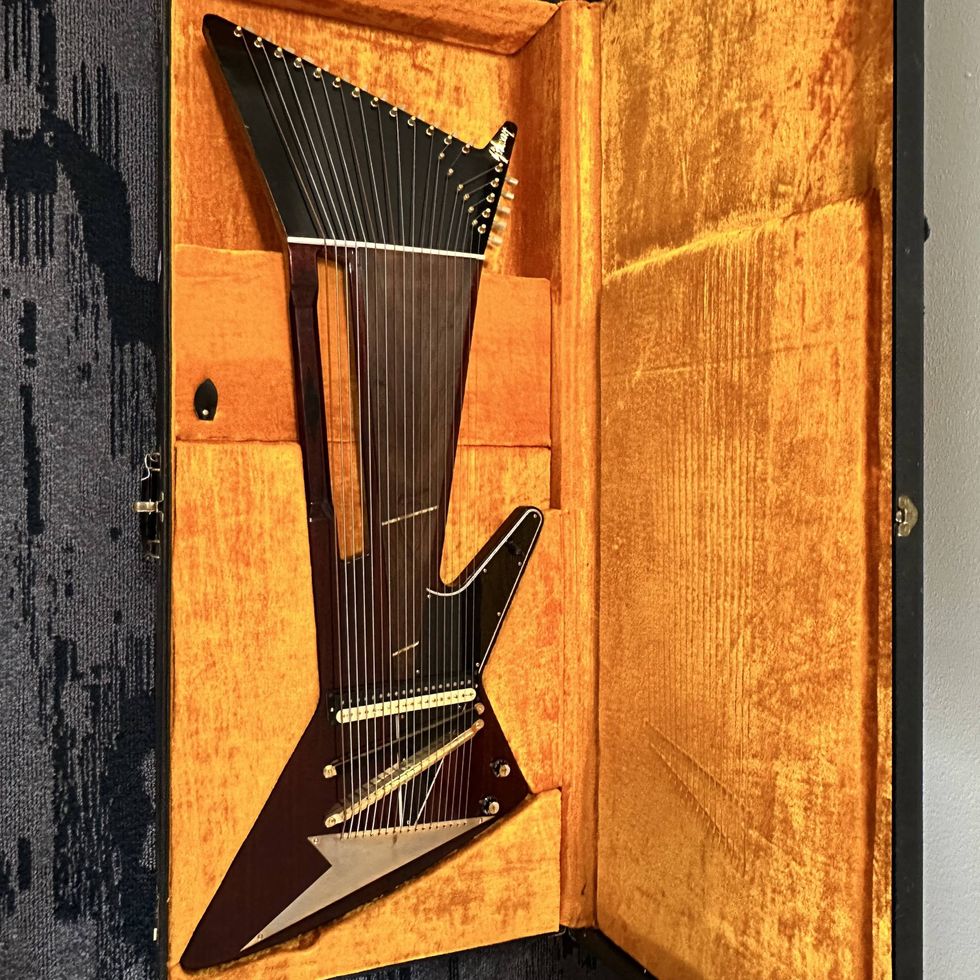So you’ve received the rare audition call for a band or artist that is actually recording and touring. COOL! Whether they’re well known or preparing for their first album tour, the same amount of preparation is necessary. I’m asked quite often about this subject, so here are my suggestions, drawn either from personal experience or that of others. Obviously, I’ll be speaking from a guitarist’s perspective, but the same applies to any gig, really.
1. Do your homework. If it’s a famous artist, you may get the call from their management or from the artists themselves (Don Henley called me… slight choke.) If the latter, be careful not to be a goober or a “fan.” If that’s the first impression you make, the next call may be from the management saying, “Thanks, but they’ve found their guy.” Feel free to ask the questions you need to prepare properly and get a feel for what they’re looking for, but don’t be over the top. If you’re dealing with the MD (Music Director), you should find it much easier to cull necessary pointers and ask questions about the artist. You can research a lot on your own. Buy all available CDs (they may offer to send them to you, but don’t expect it). View any live DVDs they may have; this is the best way to get an idea of what they may be looking for and how to play the songs. Hit YouTube for any live footage or interviews, read any press or interviews on the internet. Do you have any acquaintances who are personally friendly with the band or artist? Find out everything you can about them. Know who (and what) you’re dealing with going in.
2. Try to schedule your audition to allow as much time as possible to prepare. If they must have you in the next day, plan on staying up all night! I previously made the mistake of scheduling an important audition (Don again) that required learning nine songs with only two days to prepare. I survived on catnaps and eating meals standing with a guitar around my neck.
3. Unless you absolutely know the gig calls for free-form playing and improvising, don’t. No wanking! More likely, the artist prefers their songs to be played exactly as recorded, or at least starting from there. It’s always best to learn the material verbatim, right down to the tones.
4. Practice the songs by playing along to the CDs. They’ll probably ask you to work up four to six tunes, maybe more. Make the songs and parts come to you as second nature. Then, learn more of their material they may not have asked for. You’ll seriously impress them if the audition is going really well and they want to keep playing.
5. It might help to make lead sheets for each song (printed on a computer, big and bold) with simple arrangements, the key (tuning or capo?), which guitar or instrument to use, and any notes on pedal or amp settings. Anything to take the technical thinking out of the picture so you can concentrate on just playing your best. You’ll be surprised what you’ll forget under pressure.
6. Keep your audition rig as simple as possible, but with everything you need to get the job done. If you can keep it down to a few guitars, a simple pedalboard and one amp, great. Or a couple of smaller amps if you’re doing an A/B rig. Don’t come in with a rack of fifteen guitars, a wall of amps and a crew hauling your roadcases. They won’t be impressed.
7. Don’t play too loud. If anything, make them ask you to turn up. Try to balance your volume against the drummer or the other players. If you’re a drummer, gauge how loud you play around the singer (if you’re lucky, you’ll avoid the dreaded plexiglass!) and the rest of the band should then hopefully set their volume around you. Or at least the singer will tell the rest of the band to turn down!
8. And finally, act like you own the gig. Not cocky, but displaying total confidence, with your head up. No shoe gazing or uncertainty. Be a good hang, but be aware if they’re on a time frame. Make your lasting impression and get outta there.
After the audition, when you’ve left the building and your heart rate settles down to normal, it’s then down to fate and circumstance— especially if they’re auditioning a ton of players. Don’t take it personally if you don’t get the gig. There are many factors involved, but mainly the artist is just looking for that unspoken “fit”—a mix of playing ability, feel with the band, sound and personality. If you’re understanding when they call to say you didn’t get the gig (always an uncomfortable call for anyone to make), they’ll be way more likely to refer you to someone else. It’s a small community out there. Most artists, bands and management look for cool personalities, exceptional or unique players and “low maintenance,” meaning you don’t whine or expect “star” treatment. But if you get the gig… Then hats off to ya!
Peter Stroud
Peter is co-founder of 65amps.
65amps.com




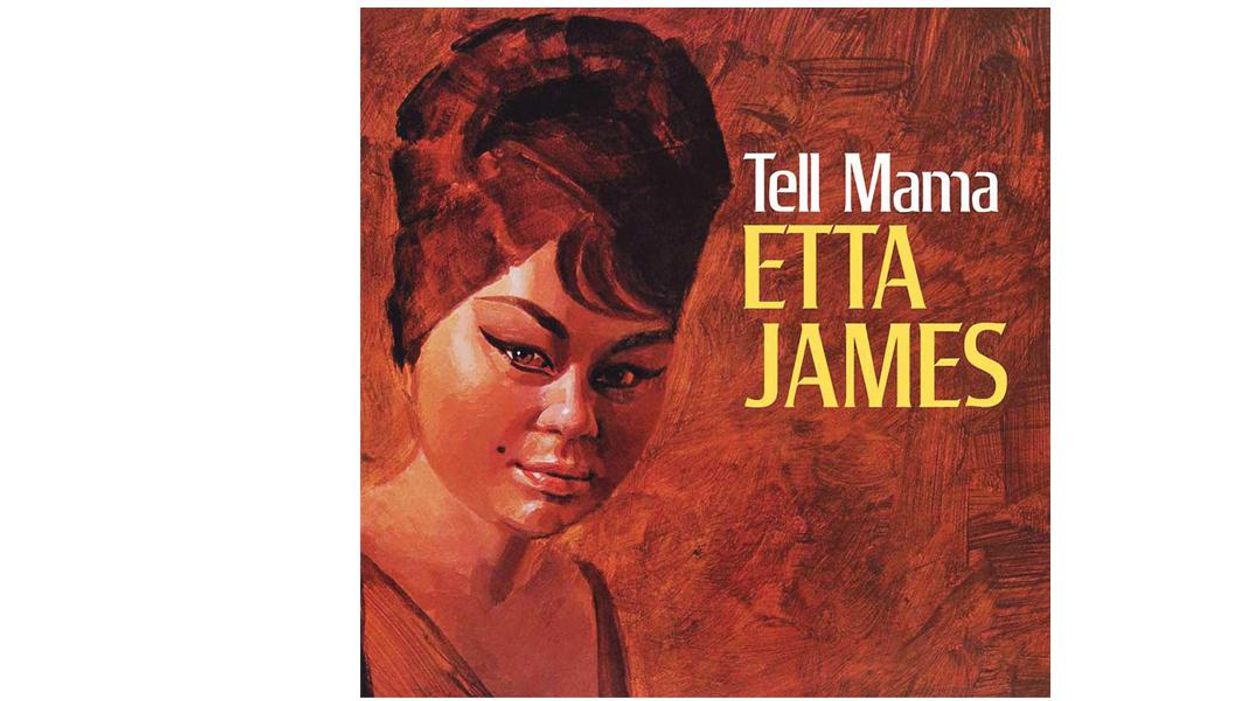
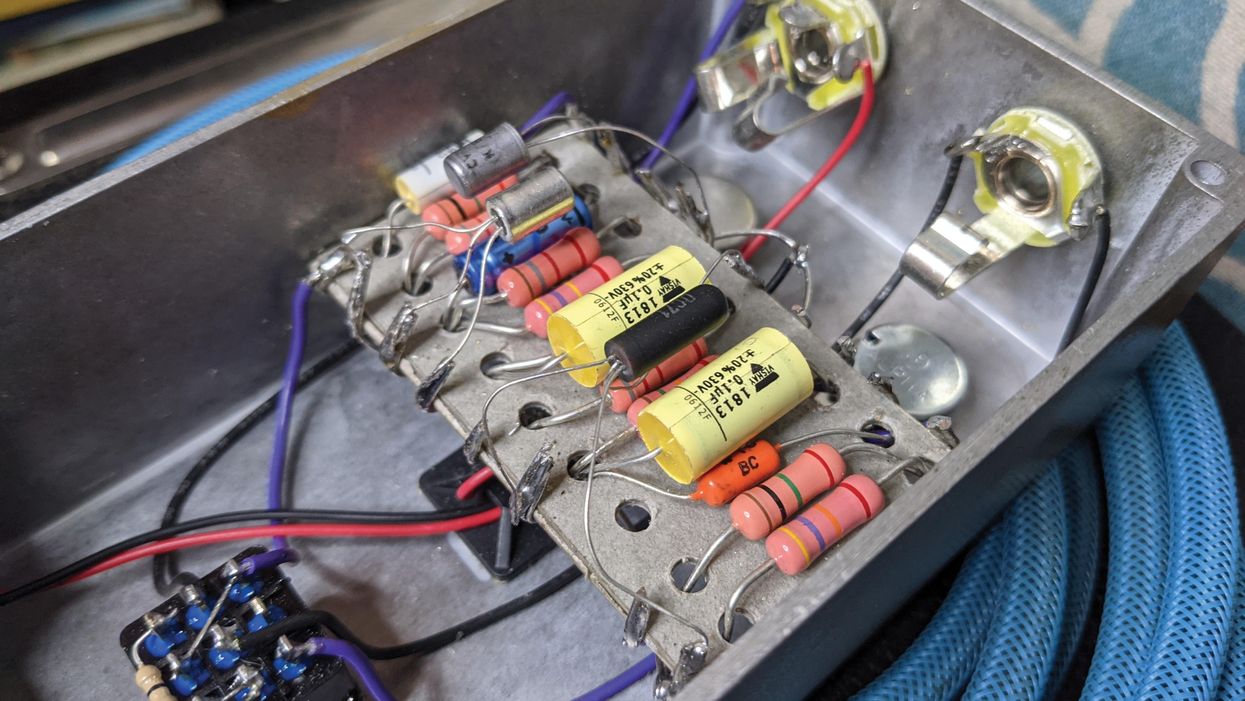
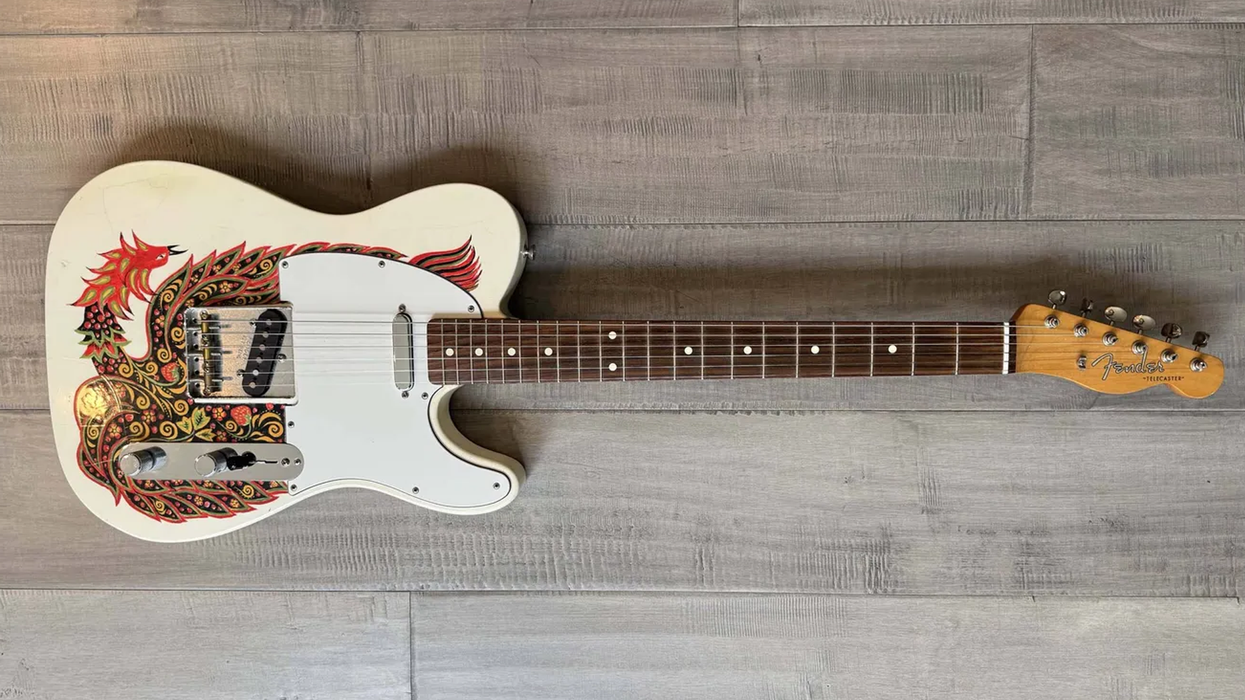
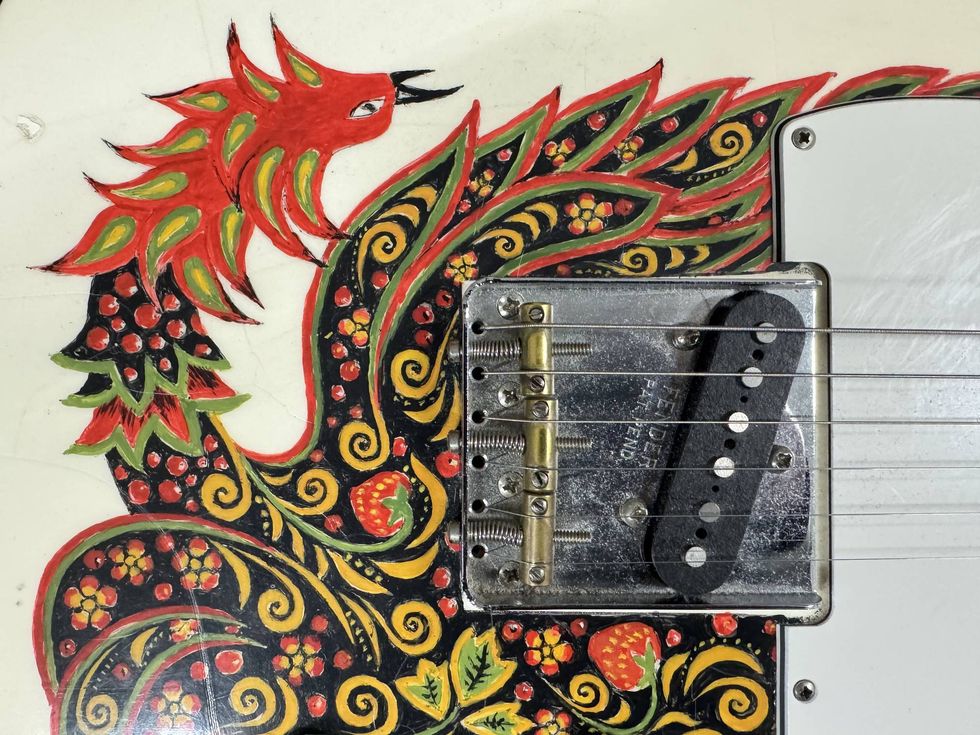
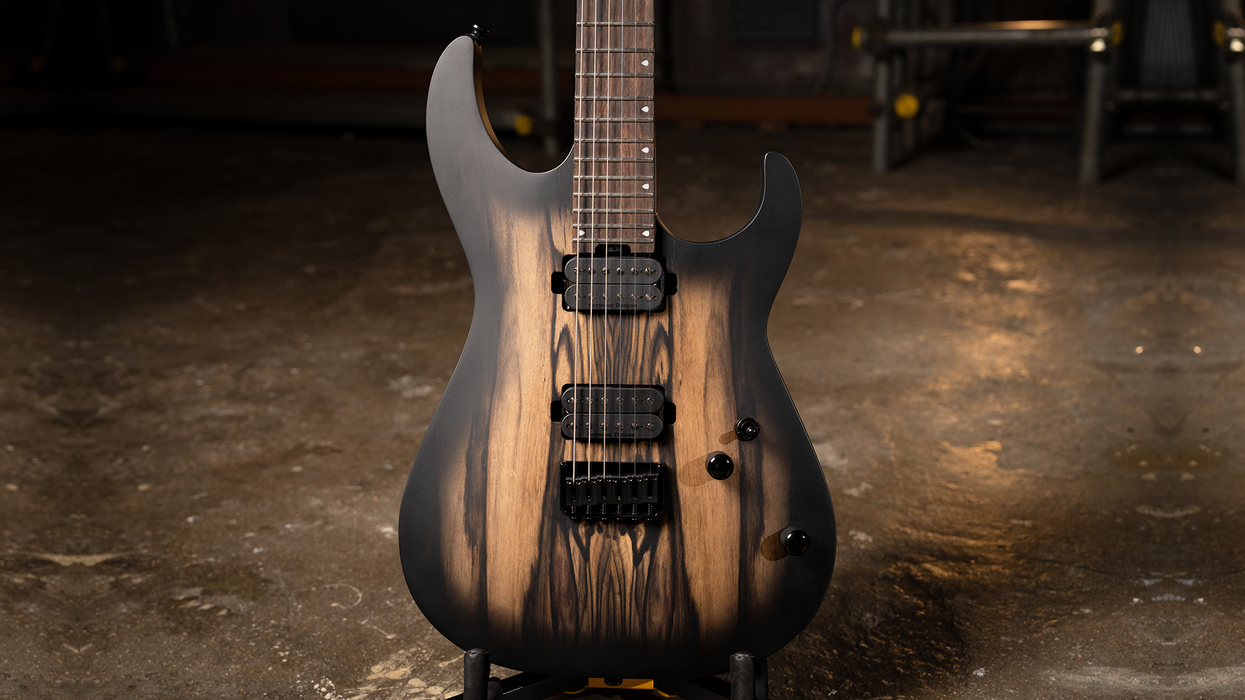

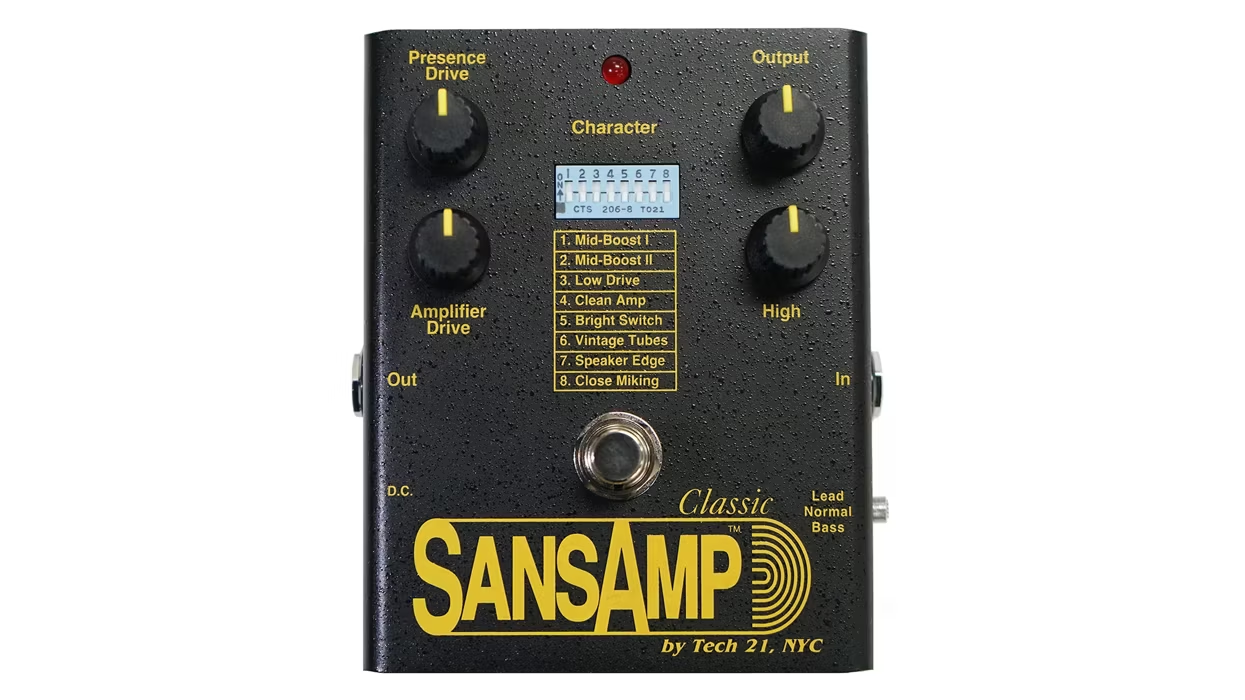


![Rig Rundown: Russian Circles’ Mike Sullivan [2025]](https://www.premierguitar.com/media-library/youtube.jpg?id=62303631&width=1245&height=700&quality=70&coordinates=0%2C0%2C0%2C0)



